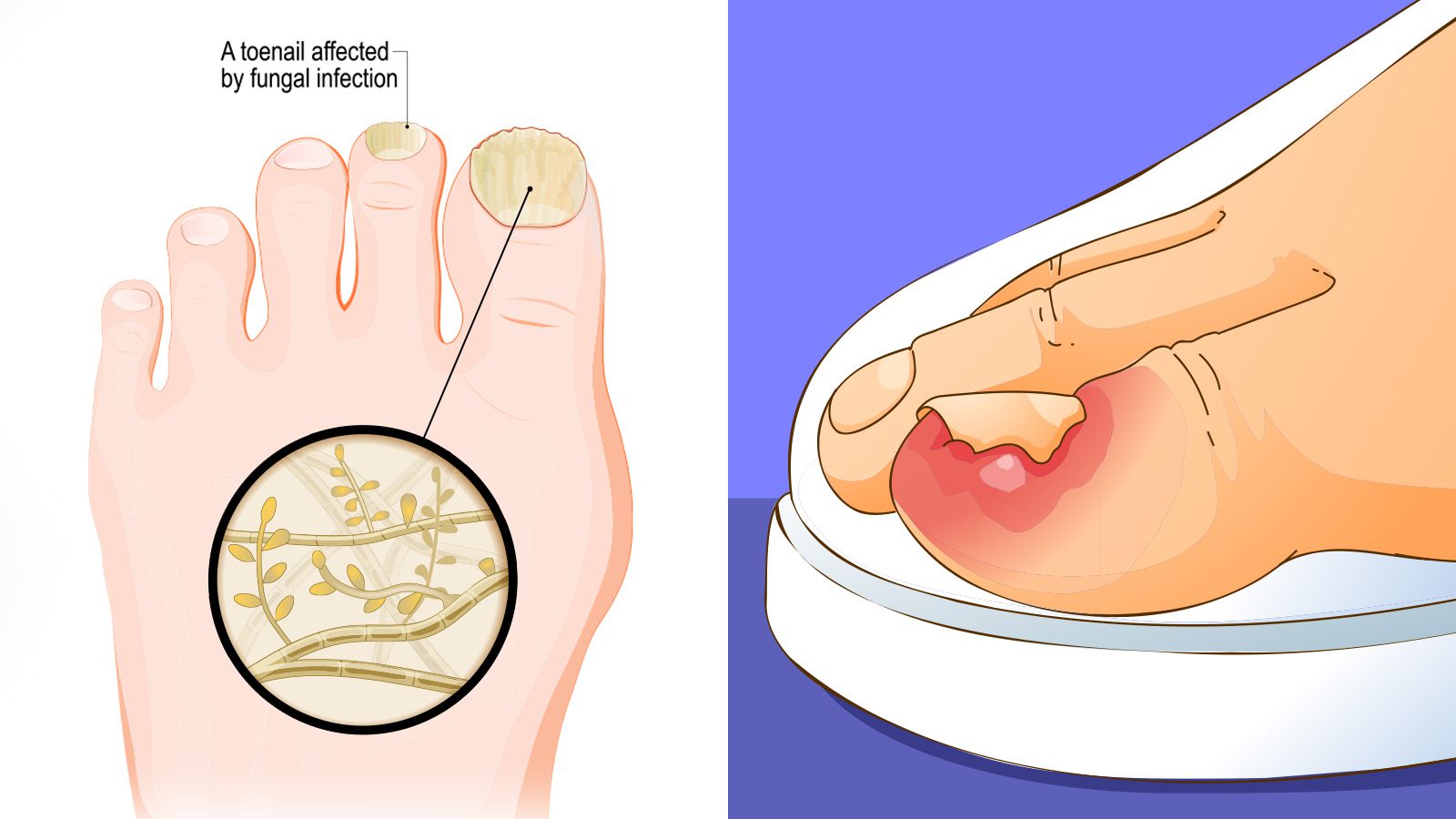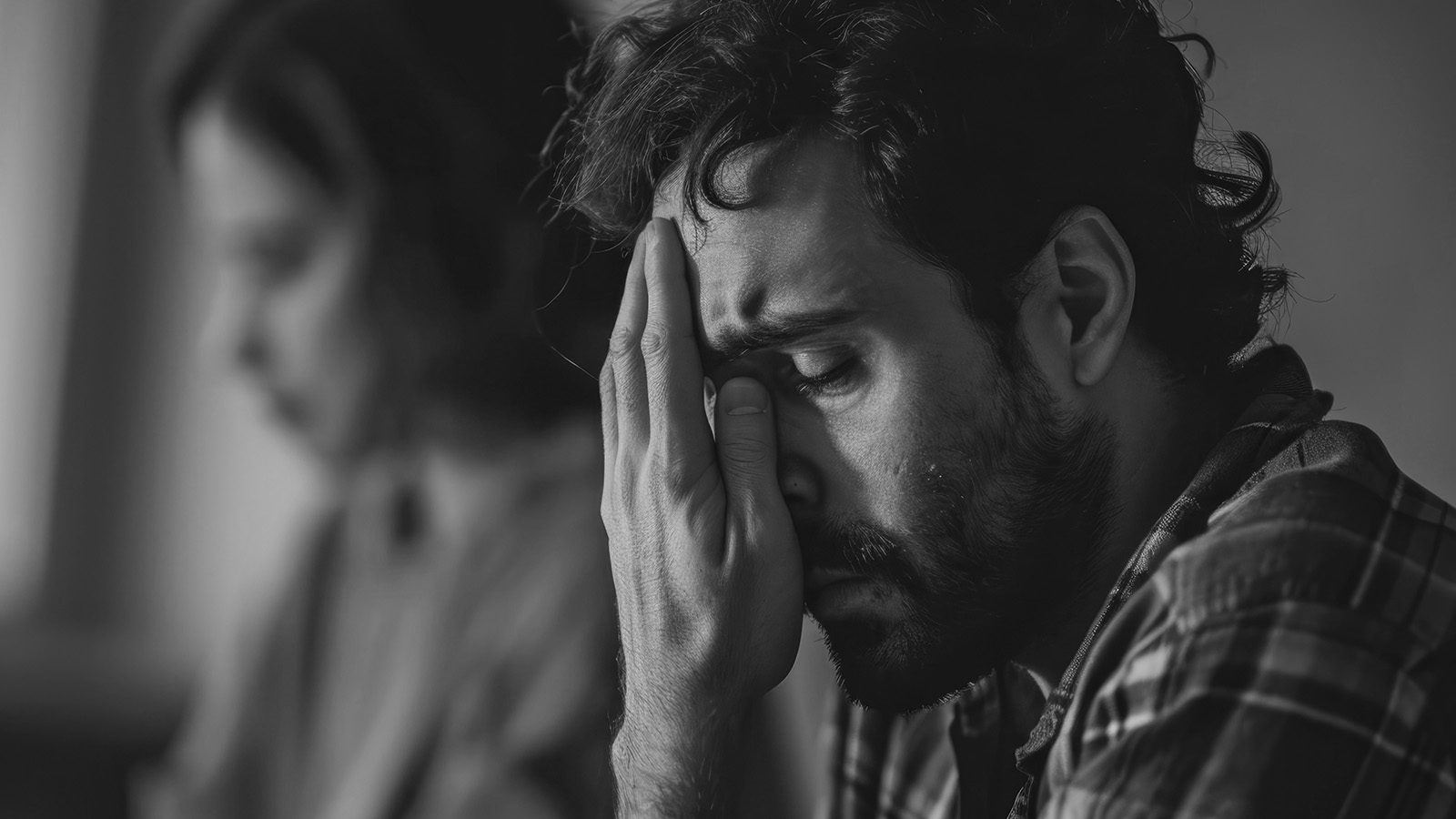Do you start each day with a grateful heart?
How many things do we take for granted every day? Probably more than you think. If you’re reading this right now, you have the gift of reading – a gift that about 800 million people in this world do not have. You also have access to the internet – only about one-third of the world’s population has such access to such technology.
Sometimes, it’s healthy to take a step back and put things into perspective. It’s healthy because it’s very easy to slip into contentment mode – a default mindset that thinks things “just are”, and most times this is not a healthy mentality. It’s not healthy because it creates thoughts and feelings of lack and scarcity when there is an abundance of things to be thankful for.
“Your day should always begin and end with being grateful. Gratitude unlocks the robust life waiting for us all.” – Kristen Butler
Let’s take a look at six things that we may forget to be grateful for.
1. Water
A basic, easily accessible element and necessity of life to most people, water, is not so easy to access for some. Consider these statistics from water.org:
– 780 million people lack access to an improved water source, about one in nine people.
– Over 2.5 times more people lack water in the world than live in the United States.
– If you take even a five-minute shower in the morning, you are using more water than an average person living in a developing country slum uses in an entire day.
Tragically, lack of access to water causes death to many – including women and children. Lack of a clean water source in the world is truly an epidemic and one that must be addressed.
2. Electricity
When the sun starts to go down, it is an automatic reaction to simply switch on a light. However, this is not the case for about 1.3 billion people in the world without access to electricity.
The sources of light in areas of the world without a power grid are both unhealthy and unsustainable. The burning of firewood, dung, and materials heavily pollutes the air and causes nearly 3.5 million deaths.
The implications of not having a power grid are vast. There is no power to run refrigerators or air conditioning, no light in classrooms, no power for computers and other technologies. 90% of children in Sub-Saharan Africa go to schools that have no electricity. 60% of businesses in this region cite the lack of a power source as the primary crux in operations.
The world is slowly starting to take notice. U.S. President Barack Obama recently introduced his Power Africa initiative, investing over $7 billion to bring electricity access to over 20 million households in South Africa. However, this is a very small investment in to what amounts to be a multi-trillion dollar problem.
3. Nourishment/food
The world produces plenty of food, especially in developed countries like the U.S. This is evident by the $1 double cheeseburger that you can buy at your local fast food joint.
Despite this abundance, about one person in eight on the planet goes to bed hungry each night. In some countries, one in three children is underweight. The reasons are various: poverty, lack of investment in agriculture and transportation, droughts and climate problems (such as climate change), and food wastage – one-third of all food is never consumed (1.3 billion tons).
Malnutrition is an epidemic and is being put on the world’s stage. In late November, the United Nations help a conference to “eradicate malnutrition”. This event was attended by leaders from over 170 countries.
4. Education
Nothing else is more important to both societal and individual advancement than education. Citizens that can read, think critically, and learn special skills (such as trades) have better economic opportunity, healthier children, contribute more to society, and have better overall health.
In the U.S., much still needs to be done regarding the affordability of college and student loan debt. The fact still remains, however, that most people have at least a high school education – specifically, basic reading, writing, and math skills.
As with nearly everything else on this list, education is not very accessible in unindustrialized countries. This is mostly due to a lack of both funding and the number of educators. Supplies that are easily accessed by citizens of other countries – pens, paper, folders, etc. – are in very short supply in poorer countries.
5. Shelter
If you’re reading this in the comfort of your own home, you have shelter (even if you are dreading writing that monthly check!). For that, be grateful.
In all seriousness, there are many people – including in the U.S., which should be considered unacceptable – that do not have a roof over their head or an ability to sleep in a bed at night. If developed countries have a problem with homelessness, imagine the conditions in the poorer areas of the world. Huts, shacks, tents, and other makeshift shelters made out of gathered materials are a commonality in these areas. Some sleep on concrete, dirt, or in other unsafe, unsanitary places.
It is very difficult to calculate the number of homeless in the world because of the lack of technology and government outreach in many poorer areas of the world, but a conservative estimate from the U.N., which was last calculated in 2005, has an estimate of well over 100 million people. This number is likely much higher due the above mentioned reasons.
6. Freedom
Freedom of speech, freedom of religion, freedom of the press, freedom of assembly…these are just four elements of a social construct that most democracies have.
If there is a cause that you want to fight for, you can do so. This is because of the basic rights embedded in documents such as the Constitution, Bill of Rights, or another document that safeguards the basic rights of citizens in a democracy.
Contrast this with other countries with oppressive, overreaching governments such as North Korea and China, just to name a couple. Forced labor, inadequate food supply, no due process, no independent media, no religious freedom, and very limited opportunities for advancement within society are the norm for citizens of totalitarian, oppressive countries.
Our freedom is one of the greatest things for which we should be grateful.
Freedom of the individual should be a basic human right, but it isn’t in many areas of the world. Women, especially, have it even more difficult than men in many of these places because of the “lower status” that they have been labeled with upon their birth…simply because of their gender. Many women around the world experience forced marriage, abuse, and even reproductive mandates that limit the number of children they can have.
Remember–be grateful! For more information, including on how you can help, please visit www.hrw.org.













